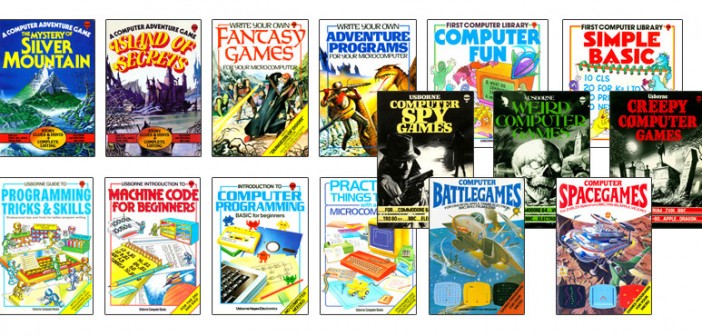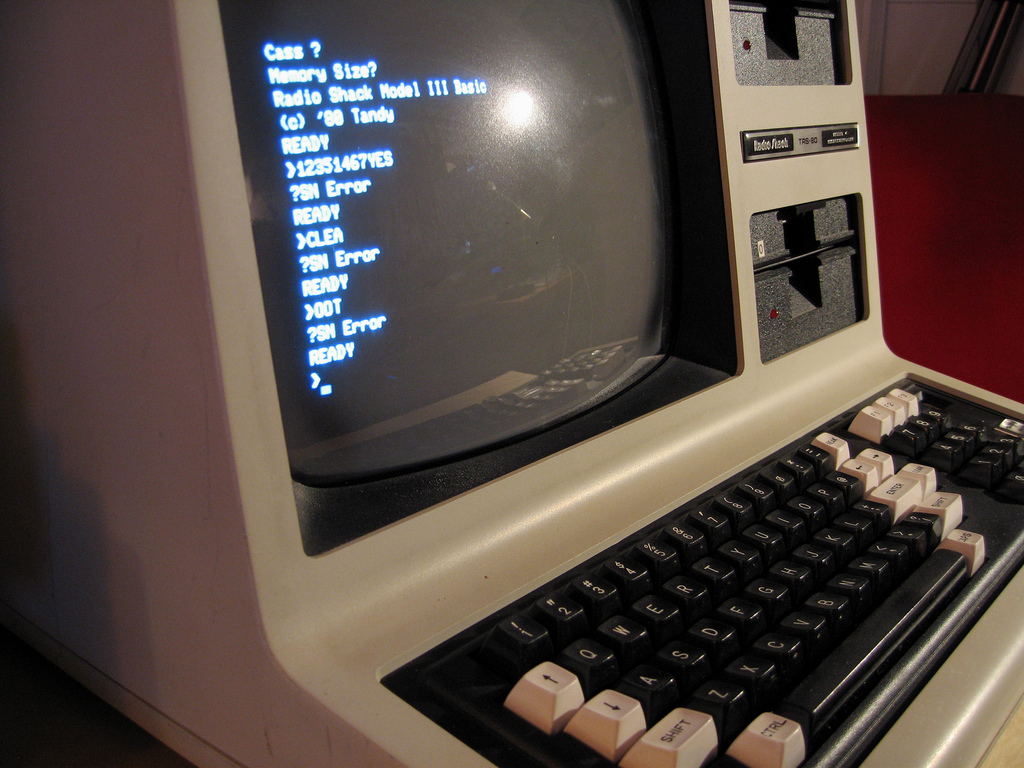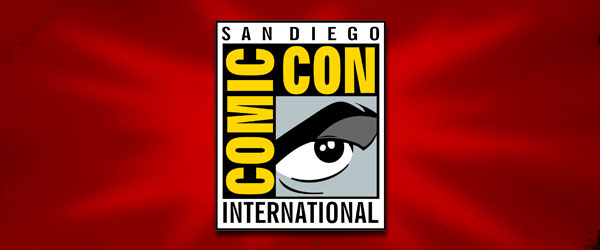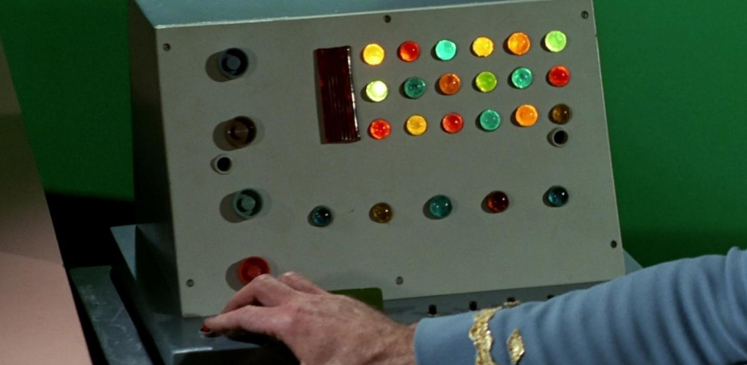Usborne Releases Classic Programming Books as Free PDFs

Once upon a time software came in books.
Not just books, but magazines as well. You would get the latest issue, and jump straight to the you-type-it section, games and novelty programs, even a few really useful ones, all carefully printed out in BASIC for your Apple, Commodore, or TRS-80. You’d spend an hour carefully typing in the listing, making the requisite changes for your particular computer system, save the file, cross your fingers, and type RUN. There was nothing like that first moment when it fired up and actually worked the first time.

Now Usborne, a British press that has been printing computer books for decades, has released a set of fifteen of their original type-it-yourself books from that era as free PDFs. Each one covers a different theme: Space, Fantasy, Spies, even an introduction to machine language. Generally, the books came in one of three categories: A general book covering a particular aspect of programming (beginning basic, tips and tricks), A collection of small, themed programs designed to be easily portable between the common micros of the day, and one complete game that was built up from beginning to end through the length of the book, teaching programming principles as it went.
These books, and others like them, were very popular at the time — think of them as the grandparents of the “Teach Yourself Game Programming in 21 Days” genre. Many a modern day senior programmer will get misty-eyed paging through the old books. Those who were lucky enough to be part of that first generation to grow up around computers and discover the rush of programming still recall the feeling of sitting in front of this amazing new machine and actually getting it to do what you told it to. For some, that rush never fully subsided, and turned into a lifetime behind the keyboard.
Of course, times have changed enormously: the days when computers coming with BASIC baked into the ROM are long past. But the same basic principles laid down in these early books still hold good stead. And fun is still fun. And even as you read this, somebody, somewhere, is busy porting them all over to Python.
(Kelly Luck wrote her first program on a TRS-80. She considers “Hey Hey 16k” to be a soppy ballad about the good old days. Her other SciFi4Me work can be read here.)




